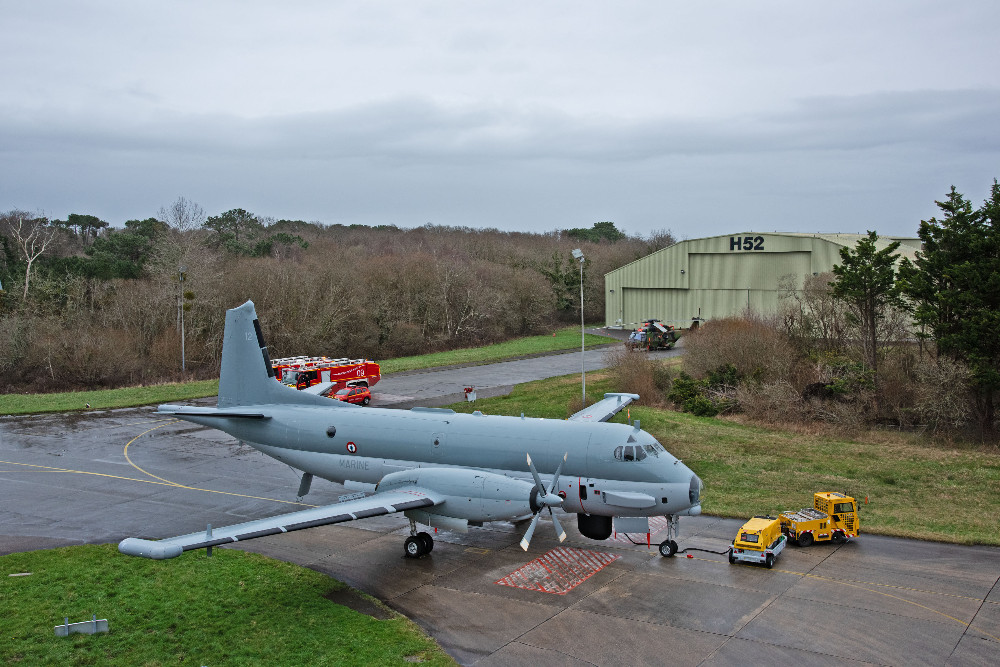
There are few Ministers of Defence or those in the armed forces who engaged in the exercise of writing a book on defence, in view of their ministerial experience during the Fifth Republic, maybe the “Great Mute Syndrome” or the desire to move on. There are of course notable exceptions, starting with Pierre Messmer (1916-2007), A Companion of the Liberation, with a remarkable political career as Minister of the Armed Forces for more than 9 years (1960-1969) and as Prime Minister (1971-1972). There is no doubt that he has been and remains a model for Sébastien Lecornu, current Minister of the Armed Forces.
In these times when the fog of war is total, there are direct and indirect threats against Europe and therefore France resulting from the war imposed by Russia on Ukraine, the violence seething throughout the Middle East, China demonstrating imperial ambitions and the introduction of a new Trump administration will be at least disruptive.
It is necessary and essential to look beyond our “French navel” and to understand that the time of storms and the balance of power is now the reality of our world. It is the merit of the book to offer the keys to understanding our defense.
In a very pedagogical and clear tone, the result of a total mastery of the issues, Sébastien Lecornu presents the military reality of our world, perhaps not the one we would like to have. Although it could be said the "peace dividend" has deeply weakened us in the face of the rise of strategic competitors. Unfortunately, for nearly three decades, defence has been the variable for adjusting budgets as politicians rarely have a long-term vision (i.e. strategic time) which is essential to conduct a coherent and operational defence policy.
Furthermore, the reference to Pierre Messmer is necessary because during his long career at the Hôtel de Brienne, under the authority of General de Gaulle, he was able to accompany and ensure the reconstruction of our armies after the trauma of the wars of decolonization and with the rise of nuclear deterrence. Admittedly, the foundations had been launched in the autumn of 1945 with the creation of the CEA by General de Gaulle. The Fourth Republic however, because of its political instability, could only put in place technological bricks. This is indeed the foundation and the raison d'être for the Fifth Republic which was conceived first and foremost along with establishment of nuclear weapons as an absolute instrument of our sovereignty and whose decision to implement it is the responsibility of the Head of State. This dimension, operational since 1964, remains at the heart of our defence and is more essential than ever in countering the confrontation imposed by Vladimir Putin’s Russia since February 24th 2022.
Defence is first and foremost a political matter, as the author emphasizes. Here, the Gaullist fibre is clearly apparent. It is precisely because politicians did not concern themselves with defence in the 1930s that the defeat of 1940 was inevitable. This is what General de Gaulle, Under-Secretary of State for War, understood during that disastrous spring. Of course, the use of the military is unavoidable, but it must be understood that Cicero's principle Cedant arma togae remains central even today, providing that politicians take on this responsibility.
At this point, we can question the lack of culture of the latter on defence issues, especially since the veneer that national service could concede no longer exists. Further, the minister-author, an operational reservist with the Gendarmerie, evokes the importance of the place of the armed forces within the nation. Drawing on his own experience, when he was mayor of Vernon in the Eure (a town that was once home to a garrison, the emblematic LRBA and cradle of the Ariane rocket) and as Minister of the Armed Forces, crisscrossing all the garrisons, military bases and ports in metropolitan France and overseas. How can we keep this spirit of defence alive when far too many of our fellow citizens think that war does not concern us?
Once more, we can only recommend reading the book because, beyond the personality of the author-minister, it offers this essential understanding of our defence policy from the time of General de Gaulle and embracing the challenges of tomorrow. It is not however, a book for specialists, the military nor elected officials. It is a book that every responsible citizen should read, even though the effort to restore our forces has been ongoing since 2017, with the aim to prevent a new “strange defeat” from surprising us. ♦






_astronaut_Sophie_Adenot_(jsc2025e058846_alt).jpg)

